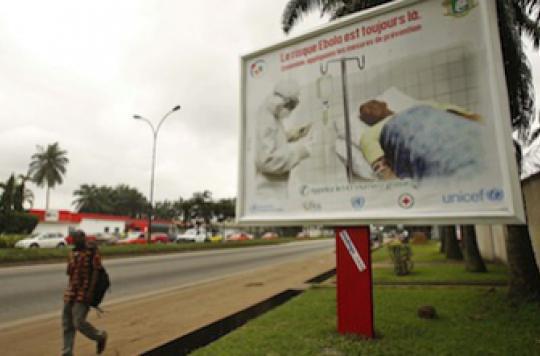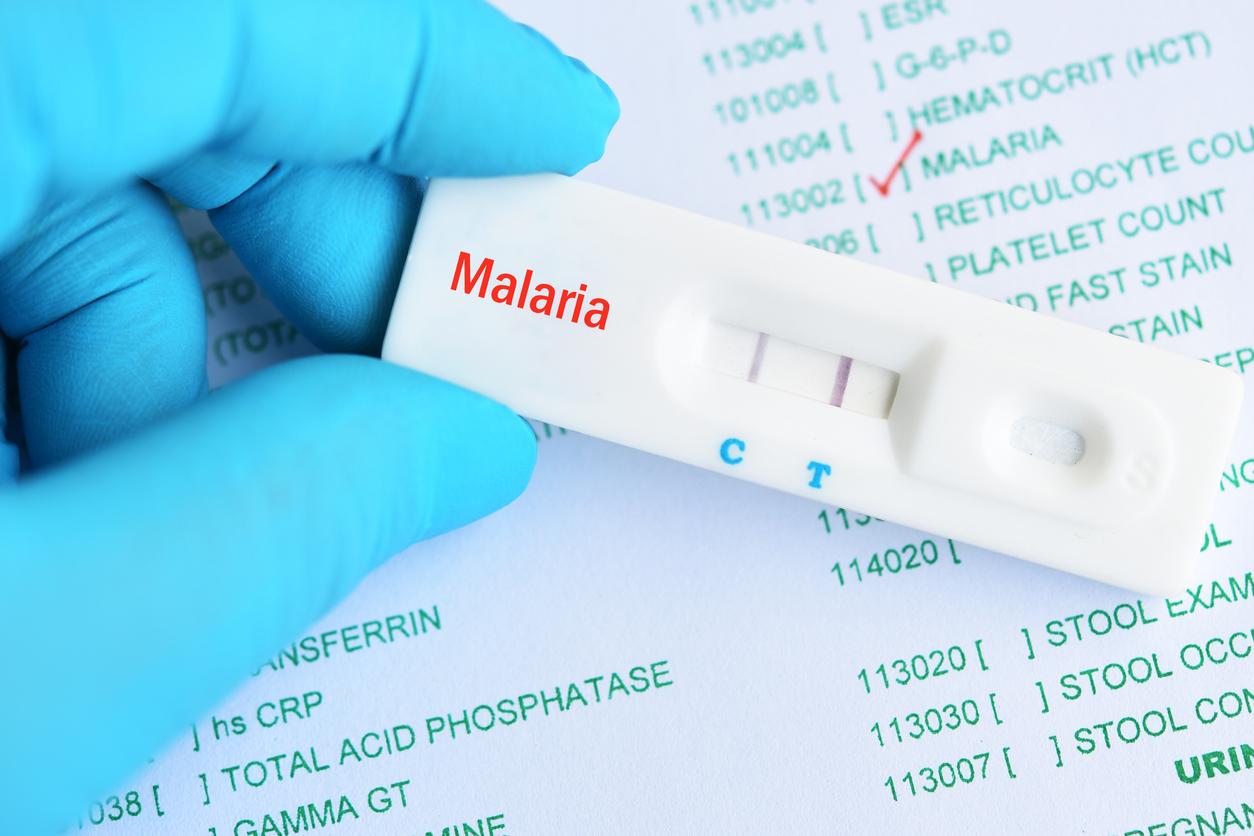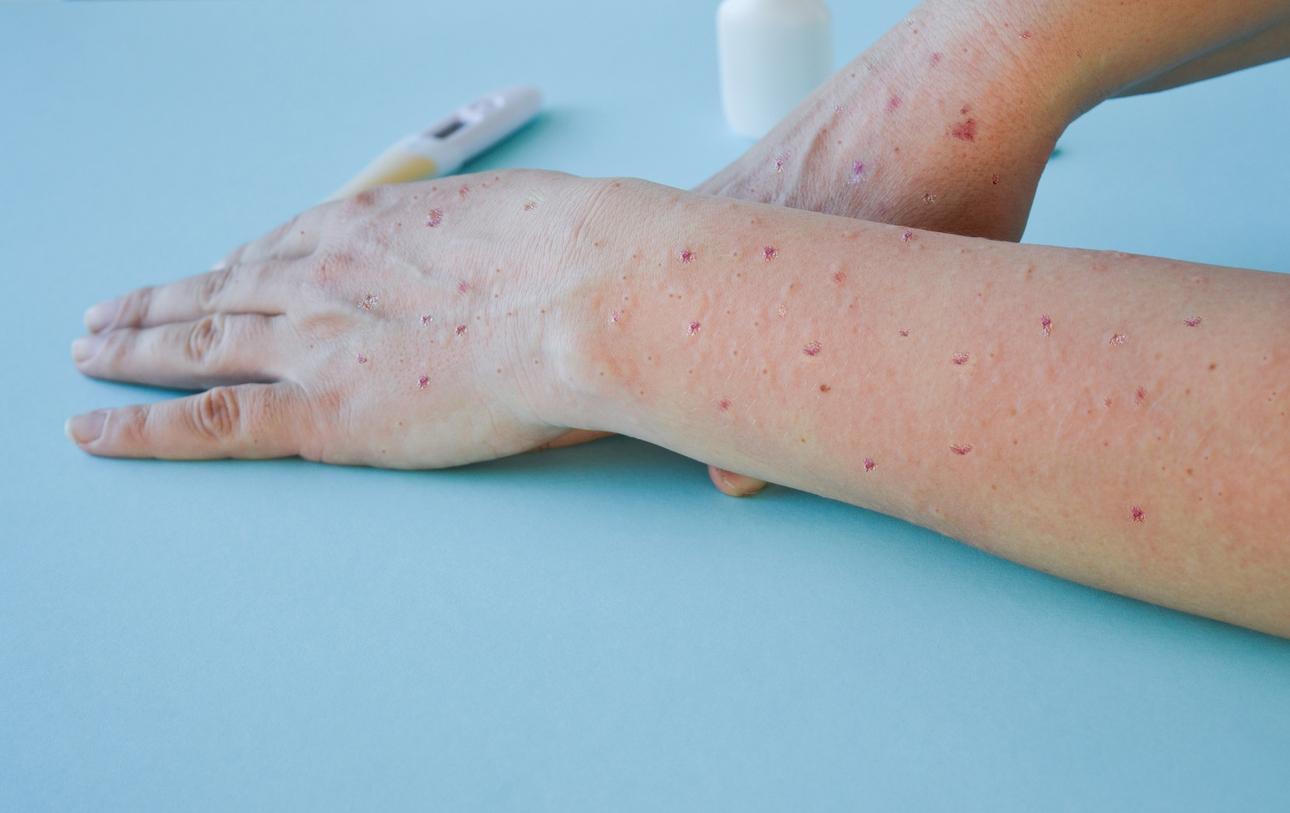With 4 confirmed cases in the DRC, the Ebola virus is spreading to central Africa. For some experts, the epidemic is at a turning point. Africa must act or else it will become “a real powder keg”.

In an interview given to Liberation on Tuesday, Professor Peter Piot, co-discoverer of the Ebola virus in 1976, estimated that everything was in place for the Ebola epidemic which is raging in West Africa “to get carried away” . He also regretted “the extraordinary slowness” of the response of the World Health Organization (WHO). As a result, the hemorrhagic fever epidemic does not appear to be weakening. It has already killed nearly 1,500 people. And the forecasts of other experts are not more optimistic.
Contacted by the editorial staff of why actor Dr Dieudonné Nkoghe, researcher in the Emerging Viral Diseases Unit of CIRMF (1), also confirms that “the current Ebola epidemic is a global disaster. We could not expect a worse pattern than what is happening today in West Africa. Worse still, this specialist in infectious diseases explains to us why the African continent is a real “powder keg”.
Do you think that the Ebola epidemic will further escalate in Africa?
Dr Dieudonné Nkoghe : I believe that now we are at the heart of the epidemic. Even if it is not excluded that we will soon find a multitude of homes in other areas so far spared. In fact, it is as if Africa is receiving shells from all over the place while its army is at the front to attack only one axis. Concretely, this means that the epidemic focus is not confined to one place. And these new homes make it even harder. For example, we see that Nigeria and the Democratic Republic of Congo (DRC) have just been affected.
Ultimately, I think that all of Africa in the forest zone is a powder keg. I believe we have to look at the problem on a larger scale.
How can we avoid this catastrophic scenario?
Dr Dieudonne Nkoghe : In practice, we should take the situation almost at the scale of the continent. Basically, the entire area of Africa below the Sahara covered by the equatorial forest must be in a situation of acute crisis. Countries that are not yet affected should already set in motion their rapid response plan. To allow the slightest case detected to be immediately taken care of and to prevent the spread from occurring. Unfortunately, as often happens, money is the sinews of war. And for the moment, the means are not arriving at the right time.
The current reaction of African countries to close their borders is completely abstract. How do you close the borders when you are faced with a disease where you don’t even know how it circulates? It is totally ineffective. The countries in this zone would do better to work together to achieve collaboration.
Central Africa (DRC) is now affected, does this change the situation?
Dr Dieudonne Nkoghe : The fact that there is an epidemic in the DRC confirms what I have just said. We are indeed facing a powder keg everywhere in Africa where there is forest. In all these countries (Angola, Gabon, Cameroon, Congo), we should expect an Ebola epidemic. But you know it’s not new, we’ve known that for years. The strain found in West Africa is the same as that usually found in Central Africa.
Unfortunately, we cannot anticipate these epidemics because they almost always occur at a distance from the previous ones. With medical teams who are no longer (or not) trained in the response process. Ideally, countries should have a budget ready to mobilize every time from the first cases. Because with all these administrative-political discussions, we lose weeks, even months. And during this time, the virus has plenty of time to spread. You know today on the ground the images which one sees can make think of a situation of world war. We really have to learn the lessons of this epidemic which is the worst of all time. I call for a general awareness of all stakeholders.
WHO estimates that it will take 6 to 9 months for the epidemic to be under control. What do you think ?
Dr Dieudonné NKOGHE : It’s a low fork in my eyes. Personally, I think more of a year. And in the worst case, we’ll still be there in two years. We must react and quickly. We must mobilize all forces so that they are on the sites, with the patients. The goal is to put an end to the epidemic as quickly as possible. Authorizing experimental treatments was a wise move on the part of the World Health Organization (WHO). The proof with the few cases of remission that we have already had thanks to the ZMapp serum. Now the challenge is to popularize these treatments and make them accessible to everyone. If there is real political will, these products can be free for everyone. This is what we have achieved over time with AIDS treatments.
Is the fear inspired by this virus a real obstacle?
Dr Dieudonné NKOGHE : Fear is a human reaction. But those trained in the management of these diseases must lead by example. Health professionals should not be afraid because they will be protected in the field thanks to protective clothing.
The challenge for these trained doctors is to teach inexperienced medical staff how to use these outfits. By putting them on and taking them out in a very special way. If caregivers omit important steps, these protections may be ineffective. We have to face the truth by admitting that there are too few soldiers and resources on the ground.
(1) Franceville International Center for Medical Research (Gabon)
.















